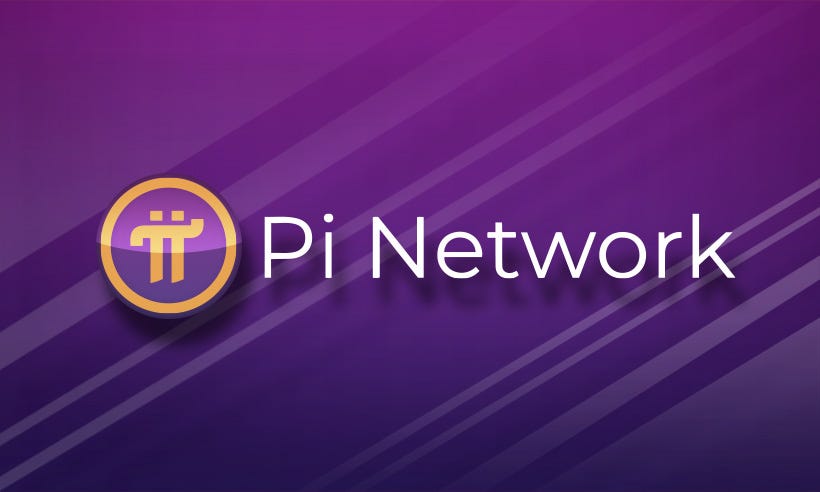|
Getting your Trinity Audio player ready...
|
The recent integration of nonfungible tokens (NFTs) on the privacy-focused Monero blockchain, known as Mordinals, has sparked a heated debate within the Monero community. While some see it as an opportunity for innovation and expansion, others express concerns about compromised privacy and potential misuse of the blockchain.
Understanding Mordinals
Back in January, Casey Rodarmor introduced the Bitcoin Ordinals protocol, which enabled users to attach arbitrary data to Bitcoin transactions. Building on this concept, Mordinals was developed as a modified version of Ordinals specifically designed for the Monero blockchain. While Ordinals store data in the “witness” section of a Bitcoin transaction, Mordinals utilize the “tx_extra” field present in every Monero transaction. Although this capability has technically existed in Monero since 2014, it had not been supported until now.
Mordinals enable users to attach arbitrary data alongside their transactions, similar to how Ordinals allow data attachment to Bitcoin transactions. This opens the door for the creation of nonfungible tokens on the Monero blockchain.
Privacy and Content Control Concerns
One of the primary concerns surrounding Mordinals is their potential impact on user privacy, which is a critical feature of the Monero blockchain. Monero relies on “ring signatures” to link transactions and maintain anonymity within the network.
Critics raise the point that the integration of Mordinals could potentially undermine this privacy by creating a scenario where attackers flood blocks with counterfeit NFTs. This flood of fake transactions could make it easier to differentiate between genuine transactions and fraudulent ones, thereby compromising the anonymity Monero strives to provide.
Adding to this concern is the fact that the United States Internal Revenue Service (IRS) has shown interest in tracking Monero transactions. This indicates a market demand for breaching Monero’s privacy features, raising further doubts about the potential consequences of introducing Mordinals to the network.
Conclusion
In response to concerns over privacy, proponents propose that robust measures can be implemented to prevent the misuse of Mordinals for tracking or distinguishing between legitimate and fake transactions. This could include enhanced cryptographic techniques, improved validation mechanisms, and stronger privacy-focused algorithms. By continually refining and evolving the protocol, the Monero community can maintain its commitment to privacy while embracing innovative features like Mordinals.
5 frequently asked questions about the Monero blockchain:
- What is the Monero blockchain?
The Monero blockchain is a public distributed ledger that records all Monero transactions. It is secured by a network of miners who compete to solve complex mathematical problems in order to add new blocks to the chain. The Monero blockchain is known for its privacy features, which make it difficult to track transactions and identify users.
2. How does the Monero blockchain work?
The Monero blockchain works similarly to other blockchains, such as Bitcoin’s. However, Monero uses a number of privacy-enhancing features, such as ring signatures and stealth addresses, to make it more difficult to track transactions and identify users.
3. What are the benefits of using the Monero blockchain?
The Monero blockchain offers a number of benefits, including:
- Privacy: Monero’s privacy features make it difficult to track transactions and identify users. This can be beneficial for users who want to protect their financial privacy.
- Security: The Monero blockchain is secured by a network of miners who compete to solve complex mathematical problems in order to add new blocks to the chain. This makes it very difficult to attack the network.
- Decentralization: The Monero blockchain is decentralized, meaning that it is not controlled by any single entity. This makes it more resistant to censorship and manipulation.
- What are the risks of using the Monero blockchain?
The Monero blockchain is still under development, and there are some risks associated with using it, including:
- The privacy features of Monero can be used for illegal activities.
- The Monero blockchain is not as widely accepted as other cryptocurrencies, such as Bitcoin.
- The Monero price is volatile and can fluctuate significantly.
- Where can I buy Monero?
Monero can be bought on a number of cryptocurrency exchanges, including:
It is important to do your research before choosing a cryptocurrency exchange to buy Monero from. Some exchanges have higher fees than others, and some may not be available in your jurisdiction.
With a keen eye on the latest trends and developments in the crypto space, I’m dedicated to providing readers with unbiased and insightful coverage of the market. My goal is to help people understand the nuances of cryptocurrencies and make sound investment decisions. I believe that crypto has the potential to revolutionize the way we think about money and finance, and I’m excited to be a part of this unfolding story.


